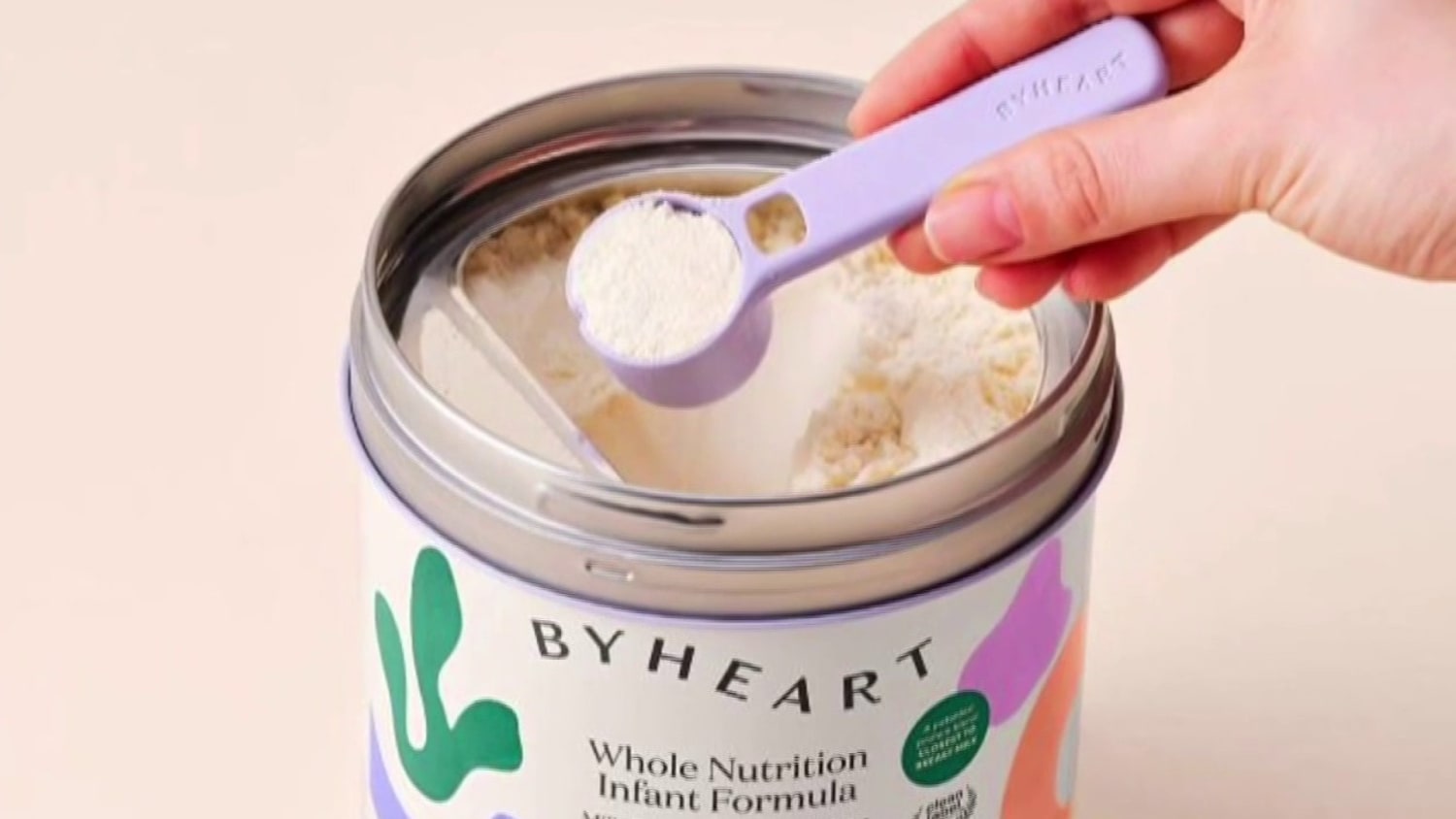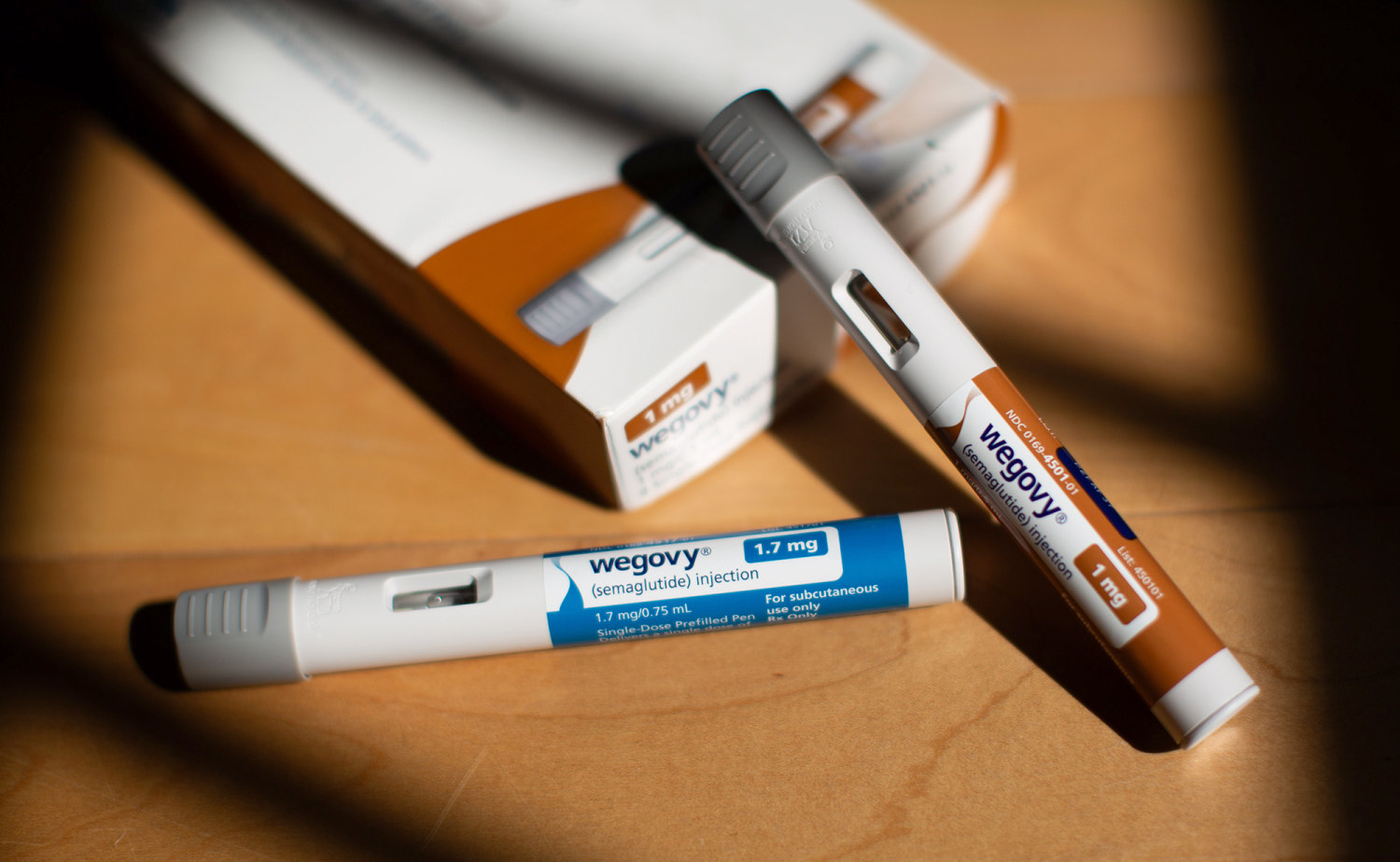A significant withdrawal of infant formula has been declared throughout the United States due to a widespread occurrence of infantile botulism associated with ByHeart’s powdered goods. The corporation, confronted with increasing safety worries, has removed all production lots from sale as health authorities escalate their inquiry.
ByHeart, a New York–based manufacturer of infant formula, has issued a complete recall of its products after federal health authorities connected multiple cases of infant botulism to its organic Whole Nutrition Infant Formula. The U.S. Food and Drug Administration (FDA) confirmed that since August, at least 15 cases have been reported in 12 different states, most affecting babies under six months old. The recall, initially limited to two production lots, has now expanded to include every batch sold in both cans and “anywhere packs” — single-use sealed pouches designed for convenience.
The company’s decision follows a formal investigation launched by the FDA over the weekend after evidence pointed toward potential contamination of the powdered formula with Clostridium botulinum, a bacterium that produces a dangerous neurotoxin. This organism, when ingested by infants, can cause a rare but serious illness known as infant botulism, which attacks the nervous system and can lead to muscle weakness, breathing difficulties, and, in severe cases, paralysis.
ByHeart’s co-founder and president, Mia Funt, said in a public statement that the recall was guided by a commitment to transparency and child safety. “The safety and well-being of every infant who uses our formula is, and always will be, our highest priority,” she said. “This nationwide recall reflects our determination to protect babies and give families clear, actionable information. Alongside this recall, we are conducting a comprehensive investigation to deliver the answers parents expect and deserve.”
The expanding epidemic and its link to ByHeart infant formula
According to the Centers for Disease Control and Prevention (CDC), infant botulism develops when Clostridium botulinum spores sprout and generate toxins within a baby’s digestive tract. Initial indicators often involve constipation, feeding difficulties, diminished muscle tone, and faint cries. Without prompt medical attention, the illness can quickly worsen and potentially become fatal. Thankfully, no fatalities have been recorded thus far in relation to this particular outbreak.
The FDA reported that from August 1 to early November, 84 babies nationwide were treated for infant botulism. Of these, 15 cases involved confirmed or suspected exposure to ByHeart’s Whole Nutrition Infant Formula, all of whom needed hospital care. The FDA highlighted that “ByHeart formula seems to be overrepresented among the affected infants,” noting that the brand constitutes only approximately 1% of the overall U.S. infant formula market.
The identified instances have been located across Arizona, California, Illinois, Kentucky, Minnesota, North Carolina, New Jersey, Oregon, Pennsylvania, Rhode Island, Texas, and Washington. While investigations are still in progress, health officials have yet to discover any connections between other brands or common exposures and the ailment.
Guidance for parents and caregivers
In light of the recall, federal agencies have urged parents and caregivers to stop using any ByHeart infant formula immediately. Those who have already fed their babies with the product are advised to closely monitor for symptoms of botulism, as the illness may take several weeks to develop after exposure.
The FDA has provided clear guidelines: if a baby who consumed the formula exhibits no symptoms within a month, the leftover product should be safely disposed of. Nevertheless, should signs like constipation, feebleness, or trouble swallowing manifest, guardians must retain any unconsumed formula for lab analysis and promptly seek medical attention.
Health experts emphasize that early medical intervention is essential for recovery. The primary treatment, known as botulism immune globulin, can neutralize the toxin if administered promptly, improving outcomes and reducing complications.
ByHeart’s collaboration and reply to the inquiry
ByHeart has maintained that it is working closely with public health agencies to determine the source of the contamination. The company has invited the FDA and the CDC to test unopened cans from its facilities to provide clearer data and reassurance to consumers. In a public letter released Tuesday, ByHeart wrote, “We are fully cooperating with federal and state investigators and have granted them unrestricted access to our production sites and product samples.”
The firm additionally pointed out that no existing rules mandate formula producers, both local and international, to screen for Clostridium botulinum. This lack of compulsory testing, according to specialists, underscores a wider susceptibility within the U.S. baby formula distribution network — a system that has encountered frequent interruptions and safety concerns over the past few years.
The California Department of Public Health was reportedly the first to notice an unusual increase in infant botulism cases among babies who had consumed ByHeart products, prompting state officials to alert federal authorities. The collaboration between the FDA and California health officials has since expanded into a nationwide effort to trace the distribution and contamination points of the recalled formula.
Wider ramifications for the baby formula sector
This recent product withdrawal contributes to a series of difficulties confronting the American baby formula sector, which has been subject to close examination ever since the 2022 supply disruption that occurred after the shutdown of Abbott Nutrition’s facility in Sturgis, Michigan. That closure, initiated due to worries about bacterial contamination, resulted in several months of widespread scarcity and heightened public consciousness regarding formula safety.
Experts believe the ByHeart recall could further impact consumer trust and availability, as smaller manufacturers have struggled to keep pace with demand while maintaining rigorous safety standards. “Parents rely on formula manufacturers not only for nutrition but also for peace of mind,” said one pediatric nutrition specialist. “Incidents like this shake public confidence and emphasize the need for stricter oversight and testing.”
The recall additionally brings up inquiries regarding the intricate nature of the formula manufacturing procedure. Powdered infant formula, in contrast to its liquid or pre-mixed counterparts, presents a somewhat elevated danger of contamination due to its non-sterile state. This inherent risk highlights the crucial need for meticulous production methods, vigilant environmental oversight, and thorough post-market evaluations — elements that have now taken center stage in the FDA’s examination of ByHeart’s activities.
Safeguarding babies’ well-being and public confidence
For families affected by the recall, the immediate concern is safety and clarity. The FDA continues to update its guidance on the outbreak and is expected to release additional information as testing progresses. Meanwhile, healthcare providers are urging parents not to panic but to stay alert for symptoms and to contact pediatricians if any health issues arise.
ByHeart’s extensive product withdrawal, though inconvenient, could aid in controlling the spread and averting additional illnesses. The firm has underscored its dedication to openness and collaboration, promising to release test outcomes publicly once they are ready. “We are taking every measure to comprehend the root cause of the issue and to ensure it does not recur,” the company declared.
As the investigation continues, the incident serves as a reminder of the delicate balance between innovation and safety in infant nutrition. The formula industry — essential to millions of families — operates under enormous responsibility. Ensuring that every product is safe, sterile, and rigorously tested remains not only a regulatory obligation but a moral imperative.
The ongoing events involving ByHeart highlight the necessity of strong supervision, constant vigilance, and transparent dialogue among producers, regulatory bodies, and the public. For parents and guardians, this also serves as a reminder to remain updated and attentive, understanding that product safety recalls, though concerning, are vital measures for safeguarding the most impressionable and susceptible individuals in our community.







